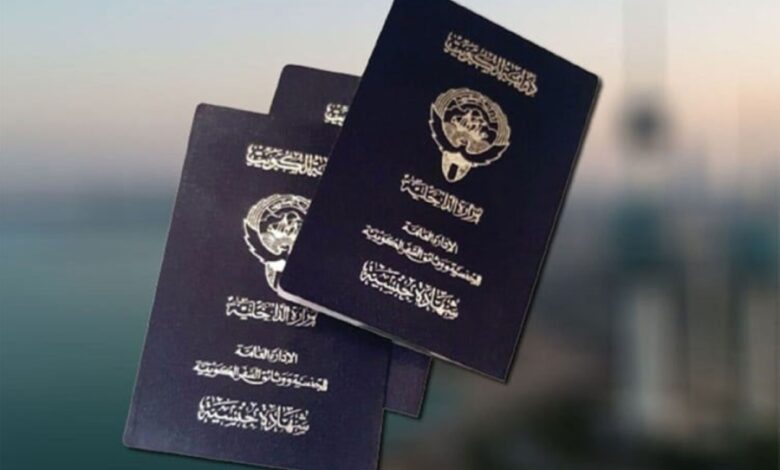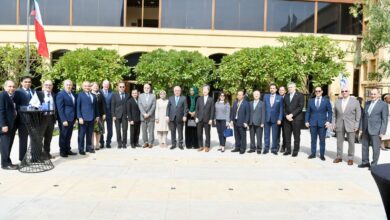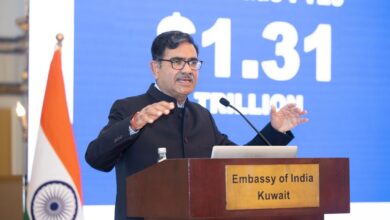154 lose citizenship under forgery clause; humanitarian solutions under study
Proposals to permit self-sponsorship for long-term residency ranging from 5 to 10 years are under review, no official policy will be announced until formal decision is finalized.

Decree No. 88 of 2025 has officially revoked the Kuwaiti citizenship of 154 individuals, including those who had acquired it by dependency. The decision, issued under Article 21 bis A of the Nationality Law concerning cases of forgery, was accompanied by a Cabinet resolution listing three names along with their dependents.
Notably, the decree also included deceased individuals, a move that government sources say was intentional and based on principles of justice and consistency.
According to informed sources speaking to Al-Rai, the government remains committed to providing interim humanitarian solutions for individuals affected by citizenship revocation under the “noble deeds” clause. These solutions may include offering long-term residency options, allowing employment, and securing housing arrangements — until such time as affected individuals are able to recover their original nationalities. However, no final decisions have yet been made.
The sources explained that the inclusion of deceased persons in the revocation list is deliberate. This approach ensures that citizenship acquired through a now-revoked ancestor is also annulled, reaffirming the government’s strict stance on maintaining the integrity of naturalization processes.
Each case is being individually reviewed by the Supreme Committee for Citizenship Investigation, and all previously examined cases have resulted in revocation without exception. No timeline has been established for reviewing additional files.
The government, sources noted, is prioritizing the preservation of national identity and the application of merit-based standards in naturalization, as opposed to leniency or material motives.
As for those whose citizenships were withdrawn under the “Grandstanding” category, discussions are ongoing about maintaining the employment status of affected individuals — particularly those in government roles.
There are also proposals to permit self-sponsorship for long-term residency ranging from 5 to 10 years.
These options, however, are still under review, and no official policy will be announced until a formal decision has been finalized.












